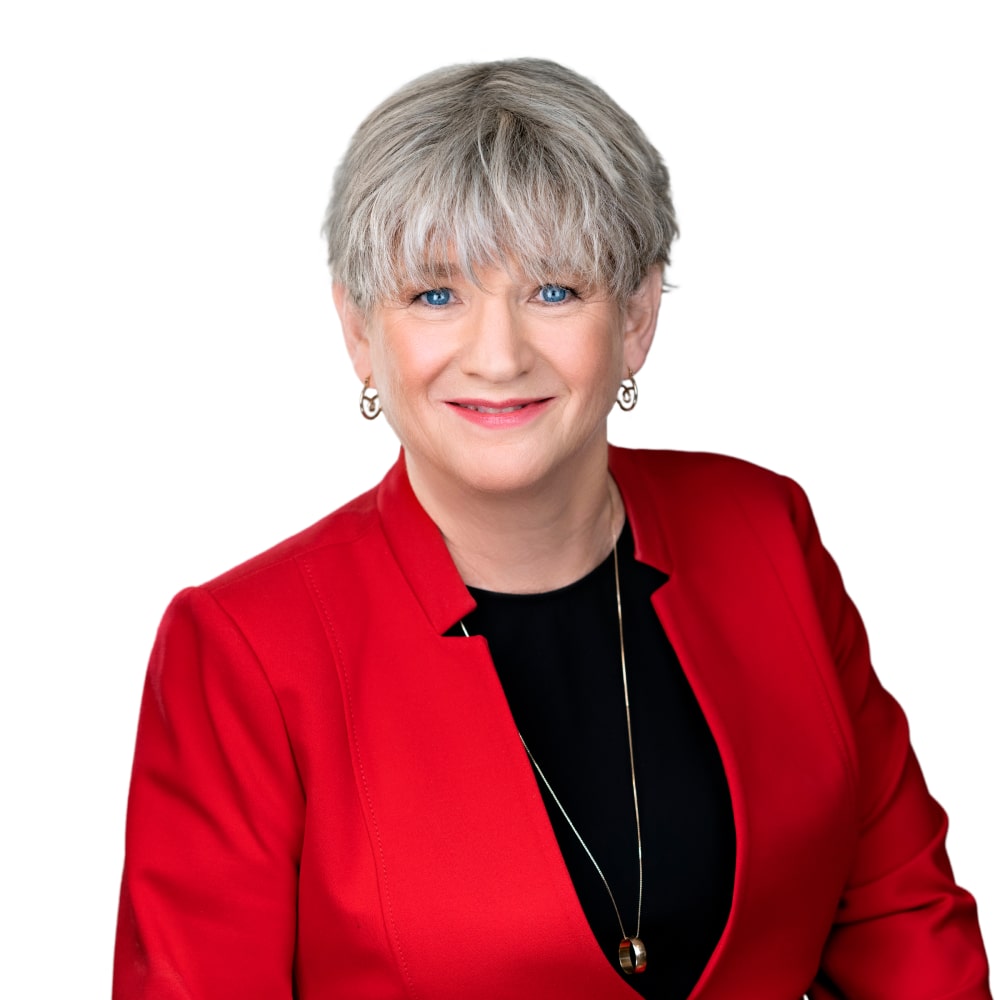An important part of the forestry industry is logistics. Without the logistics department, mills would not be able to create new products, as the old ones would still be taking up space on the floor. Our job is to figure out the best way to transport products out of their respective mills and into the hands of customers. Unlike some other Green Dream interns, the office work I do provides a limited exposure to the raw materials that our products come from and the transformation of those materials into the forest products we sell to our customers. I mean… there are some trees in a park right outside the office that I get a view of every day, but of course, those trees are not the kind that we use to make our forest products. I have seen some of the paper rolls that Resolute manufactures, stored in a warehouse, but other than that, I actually have not worked closely with the trees.

So why am I telling you this? Not the best selling point, right? Well, although I do not have a connection directly to the trees and the manufacturing process, I have begun to grasp the complex idea of how to transport the product functionally and what that entails. The sheer size of the rolls presents how big of a scale the transportation system is to move them across the globe. Weighing tons and tons, rolls are loaded into railcars, trucks, and boats and are shipped all over the world. Although on paper, there is an ideal route that is used to get the product from point A to B, supply chain issues, customer requests, warehouse, and mill issues “derail” our plans. This complicates our process, as new constraints pile up on a daily basis, forcing us to rethink the optimal way to ship the products to customers.
Have you ever heard the phrase “We plan, God laughs?” If I were to pick one phrase that describes the world of logistics best, it would be this one. During one of my weeks working, we reevaluated one of our warehouses. Because the railroad that serves them can only service a few cars a day, customers do not receive our product on time. My colleagues and I began to brainstorm solutions to overcome the problems presented by the railroad’s monopoly and our warehouses’ unforeseen issues. Although I had limited experience, I asked questions to propel the discussion and absorbed the information thrown around in the meeting. Asking questions is essential for success; logistics is one big puzzle, and the more questions asked, the fuller the picture becomes.
The work I have been routinely doing has been examining each individual piece of that puzzle. On most days, I work on our target file, to reevaluate our target rates for each individual route based on historical cost and optimization. The targets are used to guide the transportation budget for the upcoming year, so it is important to be generous enough that we will not be extremely over budget, but not too generous, otherwise we will be way under budget. Neither of these options is a best practice, so it is imperative to examine the data carefully in order to create a valid target. This has given me further insight into the sea of details in the logistics department. Ultimately, there are a multitude of options that we have to ship our product to a customer, and part of what I have done is create consolidated routing data for analysts, managers, and directors, helping them determine where the best routes are to truck and where the best routes are to use railcars.
Another component of my work is analyzing our private railcar fleet belonging to our Coosa Pines (Alabama) pulp mill. I examine data to find which routes have problems that are necessary to address. By figuring out which routes are taking the longest due to dwelling railcars (railcars that are not moving), I am helping address the problems of a slower supply chain. My manager, Donald Walton, can then see where our biggest issues are, and divert our private fleet so we get the optimal usage out of each of our railcars.
What I have been doing so far in my internship consists almost exclusively of looking at individual routes. This is helping me build up an image of everything going on in the department, so that way, as I continue with Resolute, I can understand why certain methods of shipping work or not. Building a good foundation is extremely important for success, so these past couple of months have been a very important learning experience in developing my knowledge of our customers and the best ways to get our product to them!
Thank you for reading!














